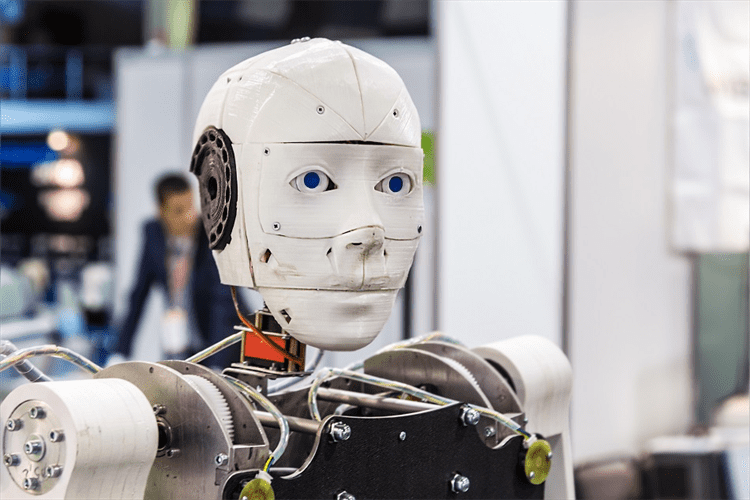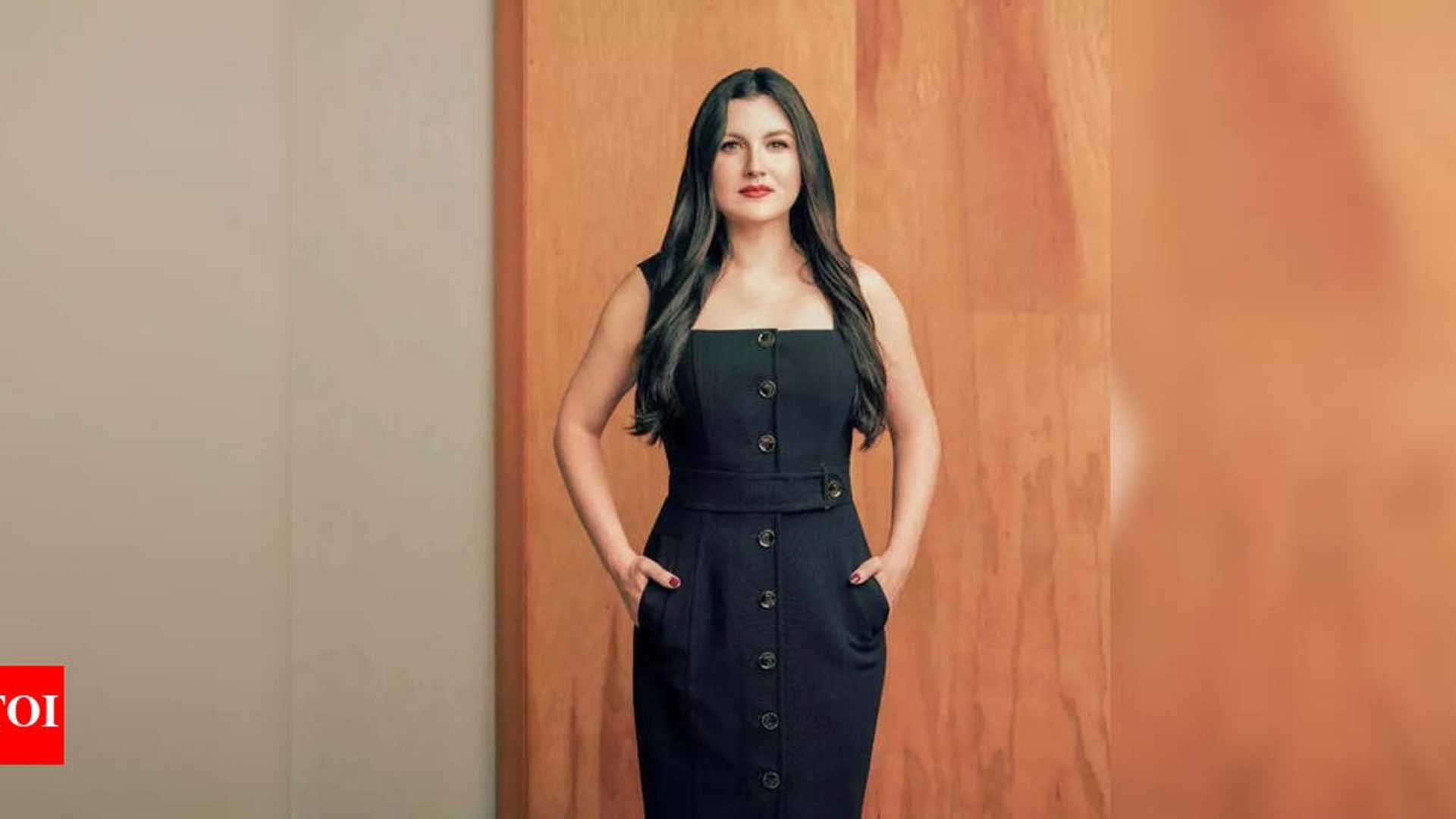Akihiko Kondo: Widowed by computer death, or why it is dangerous ...
Akihiko Kondo, who celebrated his 41st birthday on May 31, entered into matrimony with the holographic representation of his beloved virtual singer, Hatsune Miku, in a symbolic ceremony six years ago. Unfortunately, just two anniversaries later, Gatebox, the company behind the avatar, ceased operations, leaving the young Japanese public school administrator widowed by what he terms as 'computer death'.
The Impact of Artificial Intelligence on Personal Relationships
Kondo's unique story offers a glimpse into a future where real human connections are replaced by artificial entities designed to cater to the user's expectations. Researcher and professor Tony Prescott from Sheffield University, in his book The Psychology of Artificial Intelligence, suggests that AI could alleviate feelings of loneliness. However, this shift comes with its own set of risks as acknowledged by Prescott and numerous other experts.
ChatGPT-4o, a recent AI model, was noted for its voice resemblance to Scarlett Johansson. This immediate association with a human persona highlights the potential of AI to blur the lines between reality and virtual companionship.
The Thin Line Between Virtual Companionship and Reality
The rise of AI has led to a scenario where individuals may consider simulating marriages with artificial intelligence to predict changes or even pre-empt divorces, as indicated by the Ericsson Consumer & Industry Lab report. While many early adopters believe in the advantages of such relationships, caution is warranted.

Replacing genuine human interaction with a blend of human-machine dynamics presents both opportunities and threats that surpass the dystopian scenarios portrayed in popular culture, such as Black Mirror. Social robotics expert Matthias Scheutz warns that while social robots can offer benefits, they also pose risks by delving into intimate human emotions.
The Complexities of AI Interference in Human Relationships
Akihiko Kondo's narrative encapsulates the intricate web woven by AI in personal relationships, a departure from more artistic endeavors like Alicia Framis' The Hybrid Couple or Meirivone Rocha's simulated wedding to a doll for social media traction.
In an era where virtual entities can provide companionship akin to reality, the advantages of humanized AI are evident yet accompanied by significant challenges.

Loneliness
While AI companionship can alleviate feelings of isolation, it also poses risks. By fostering reciprocal social interactions, AI has the potential to uplift self-esteem and enhance social skills, presenting a novel approach to combating loneliness.

Watch out
Joan Claire Tronto's notion of care extends to AI, emphasizing the importance of meeting the needs of users. The integration of empathy and emotional recognition in robots raises concerns about the thin line between genuine care and programmed responses.
Benefit or interest
OpenAI CEO Sam Altman views AI as a competent ally, capable of enhancing individual well-being through efficient task execution. However, the pursuit of mutual benefit in human-AI relationships is essential to their sustainability, a sentiment echoed by philosopher Brad Hooker.
Continued... (Read more at source)




















